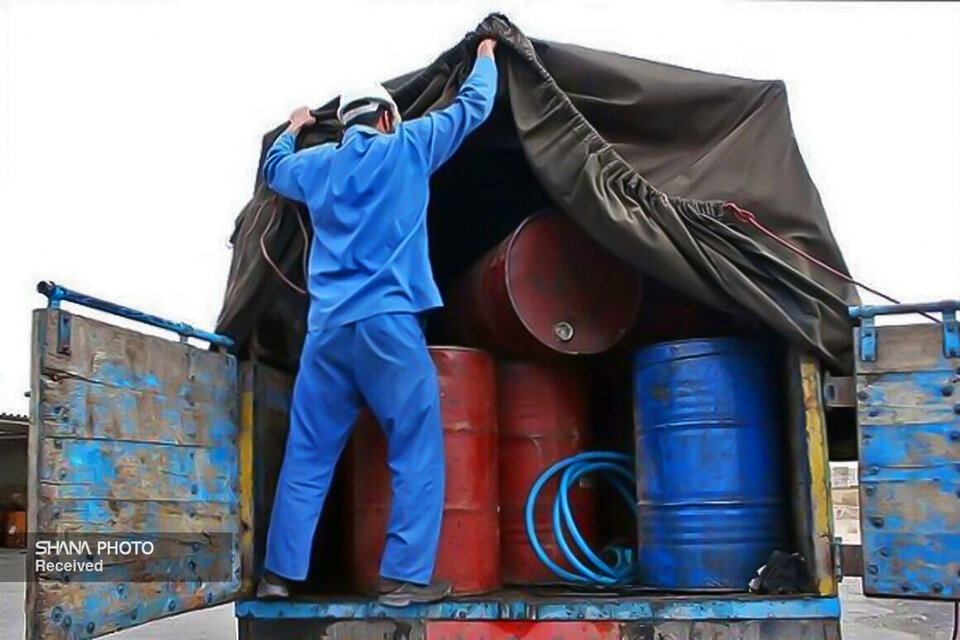Speaking at the signing ceremony of a memorandum of understanding for the "Real-Time Monitoring and Smart Management of the National Oil Supply Chain" project on Sunday, Azimifar highlighted the increase in gasoline and gas oil production since the beginning of the 14th government's term.
Azimifar noted that gasoline production has risen by an average of 10 million liters per day since the start of the 14th administration, with gas oil production reaching 124 million liters daily in the Iranian months of Azar and Dey (November and December).
He emphasized that the company is not only increasing production but also focusing on managing fuel consumption, with the first step being the identification of energy waste points.
He pointed out that Iran's vehicle fuel consumption is twice the global average, attributing part of the increased consumption to smuggling.
The annual increase in fuel consumption is 7%, some of which is natural. Azimifar stressed the need to minimize waste in the production, transmission, and distribution chain of oil products, stating, "We do not deny smuggling and are working to reduce smuggling statistics in the country."
Azimifar explained that the new real-time monitoring and smart supply chain project will track every drop of produced fuel, aiming to minimize human intervention and prevent waste, smuggling, and energy loss based on real-time data.
He added that the project will utilize advanced measurement systems and the Internet of Things (IoT), with data analysis supported by artificial intelligence tools. Three top-tier national entities are collaborating on the project to ensure its swift and effective implementation.
Gasoline production increases sevenfold
Azimifar highlighted that gasoline production has increased sevenfold since the Islamic Revolution (1979), while diesel production has risen four to five times. He noted significant achievements in increasing oil product production and refining capacity, including the construction of the Persian Gulf Star Refinery and the Bandar Abbas Refinery.
He acknowledged that fuel and energy imbalances remain a major challenge for the oil industry, emphasizing the need to focus on consumption management without neglecting production increases.
Since the start of the 14th administration (August 2024), high-quality gasoline production has increased by approximately 10 million liters per day.
Azimifar reiterated that merely increasing supply is not the sole solution to addressing imbalances. Instead, the inefficient cycle of increased production and consumption must be broken, starting with identifying energy waste points.
In conclusion, Azimifar thanked President Masoud Pezeshkian for his transparent approach to addressing national challenges, including smuggling.
He praised the president's problem-solving mindset and efforts to mobilize all sectors of society to tackle the issue of fuel smuggling.


Your Comment